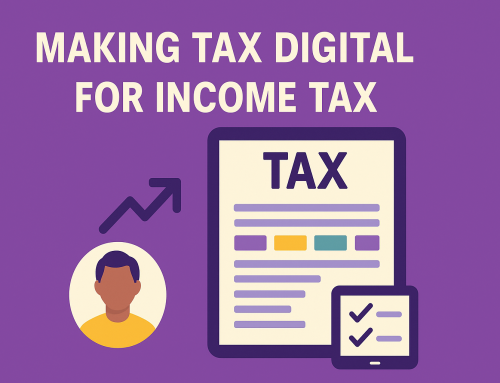Online banking has rapidly become an indispensable tool for managing our accounts and transactions in a quick, convenient and mobile fashion. But did you know that it can also act as one of your most effective and inexpensive allies for keeping your important records in check?
“But how?” we hear you cry.
Well, if you make debit card payments, pay bills online and get your customers to pay by BACS, then all of this transaction data is recorded on your bank statements. Your bookkeeping routine becomes infinitely easier because all of your payments and receipts can be clearly identified in one central location. No more fiddling with cheque stubs, or rifling through that shoebox full of receipts; it’s all available to you at the click of a button.
Here are our top three tips to bank the best results when using account statements for bookkeeping:
1) Xero Accounting Software
Small business accounting software from leading experts, Xero, allows you to import your statements – or set up a bank feed – to upload your financial activity directly to their clever cloud-based systems.
Using online banking maximises Xero’s efficiency by feeding it all the information it needs to utilise key features such as matching and automatically categorising your expenses. Find out more here.
Stubbs Parkin Director, Katharine Thompson says: “Using Xero is as simple as this; every time you make a card payment, for an expense or an online payment to a supplier, the only recording of this you will need to do is open Xero, review the suggested expense code and click ‘OK.’”
2) Use a bookkeeper
While you’re in the midst of growing your business the last thing you want to do is set aside valuable time for the mundane task of sorting through receipts and statements. A professional bookkeeper or accountant, like Stubbs Parkin, can ease your burden.
We’re well versed in the art of analysing clients’ bank statements to ensure highly accurate and stress-free bookkeeping records. We can even integrate Xero into our bookkeeping services for you – giving you online access to all of the information you need to help run your business.
Katharine continues, “Our bookkeeping and VAT services are tailored specifically to you. We can take the most-time consuming or boring tasks, leaving you with a either a manageable workload or simply no paperwork at all.”
3) Excel Cashbook
Most banks now allow you to export your statements into excel which you can then use as a simple cashbook. Katharine adds, “This is a perfect starting point for fledgling businesses who are still finding their feet and are loathe to invest too heavily on bookkeeping at this stage.”
Things to consider
Whichever approach is the best fit for you, and your business, there are some fundamental good housekeeping rules that will apply in all circumstances.
It’s worth bearing these points in mind:
- Keep all your receipts and invoices. These should be matched to your income and expenditure. If you are VAT registered, you must check that the correct VAT is applied.
- Record cash expenses and personal transactions separately. Using a dedicated business bank account is the surest way to create less bookkeeping work.
- Check the receipt each time. To correctly identify purchases when using the same supplier for many different expenses.
We hope you’ve found this blog useful and that it opens up a new chapter in your bookkeeping success – either independently or with us assisting. Read more about our packages here.






